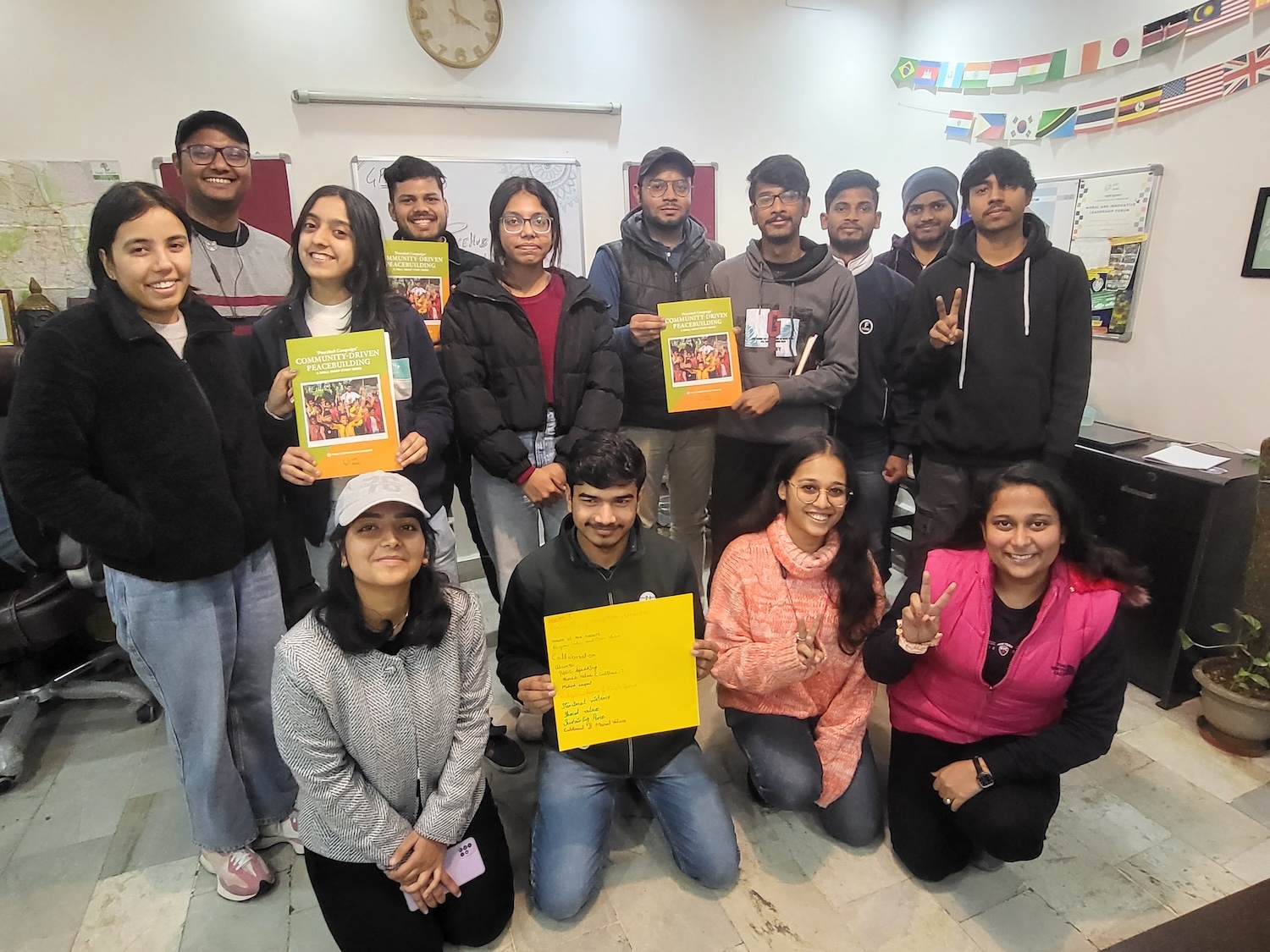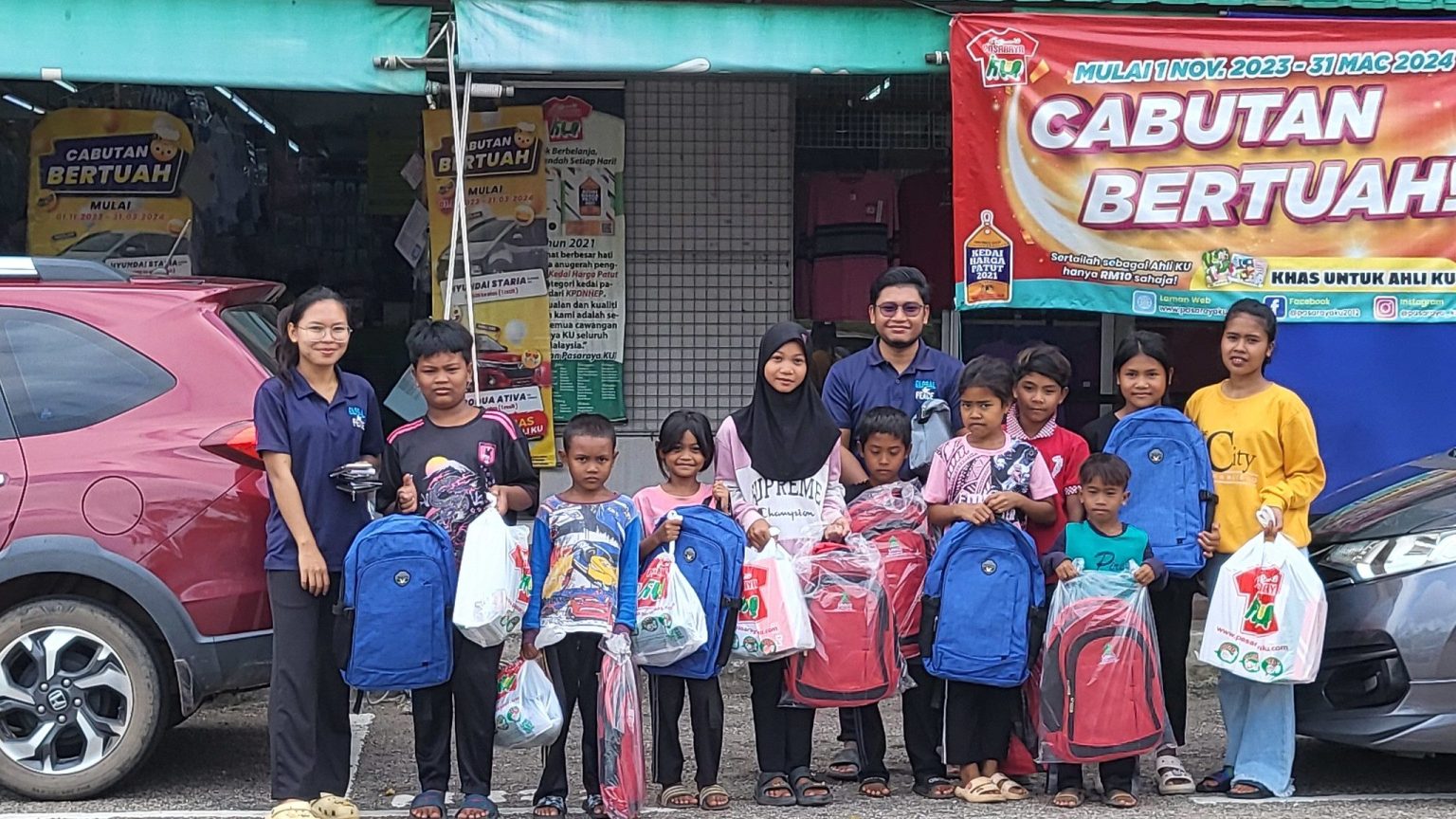Since the first Global Peace Leadership Conference held in India in 2013, scholars and relgious and civic leaders have continued the discussion of developing a global ethical framework based on the ancient India spirit of “Vasudhaiva Kutumbakam,” the world is one family,
The most recent forum took place on December 20 at the India International Center in New Delhi. Below is the working draft of the outcome document.
PREAMBLE
Since ancient times, the spirit of Vasudhaiva Kutumbakam, the world is one family, has stood as an ideal of Indian civilization. This inclusive and compassionate spirituality recognizes that “the truth is one, sages call it variously”; this has allowed for groundbreaking advances in philosophical inquiry and civilizational advances throughout world history.
In these times, the world faces a spiritual crisis, as evidenced by the continuous rise of identity-based conflicts. These conflicts over nationality, ethnicity, religion and tribal affiliations threaten social relations on every level, especially with globalization expanding the significance and reach of previously localized challenges. While tremendous advances have been achieved in every sector of human society, they have failed to keep apace with our moral and ethical capacities – to the detriment of all life on earth.
India, as the birthplace of the Vasudhaiva Kutumbakam ideal and long-honored for its multiplicity of wisdom traditions and paths, is primed to become a model to lead a way out of this crisis. It is thus imperative that moral, spiritual and civil leaders work together to articulate universal ethical principles and values that can form the basis for social cohesion, shared agreements and lasting peace.
Thus, we look to Vasudhaiva Kutumbakam as the touchstone, or ethical framework, from which to articulate the following principles:
PRINCIPLES
1. Principle of EqualityAll life is interdependent and interconnected by origin to a spiritual reality; and while the “truth is one, the sages have called it variously”.
2.Principle of Acceptance and RespectAcceptance and respect for the ‘other’ as part of the greater human family makes possible “Unity within Diversity”.
3. Principle of Freedom and ResponsibilityFreedom and Responsibility are intrinsically linked, our choices, actions and their consequences determine our destiny.
4.Principle of Love and compassionOur Human nature finds its fullest expression and meaning in relation to others. Love and compassion nurtured in the homes can then be extended out into greater society.
5.Principle of Ahimsa (Non-violence)For the nonviolent person, the whole world is one family. He will fear none, nor will others fear him.
6. Principle of EngagementDialogue and engagement is crucial in understanding and affirming our shared identity and common aspirations. When we go beyond our perceived identities to establish the bonds of trust, respect and cooporation,
In engaging spiritual leaders and multi-sectoral leaders across Indian society, we hope to work to manifest Vasudhaiva Kutumbakam in India and beyond, building an inclusive, ethical and prosperous society as a model of the global vision of One Family Under God.



